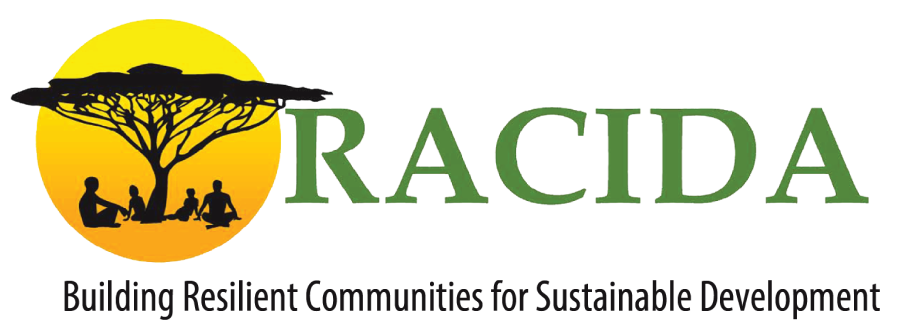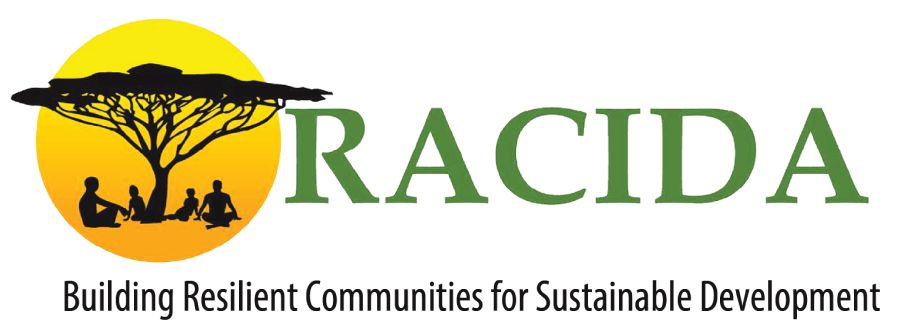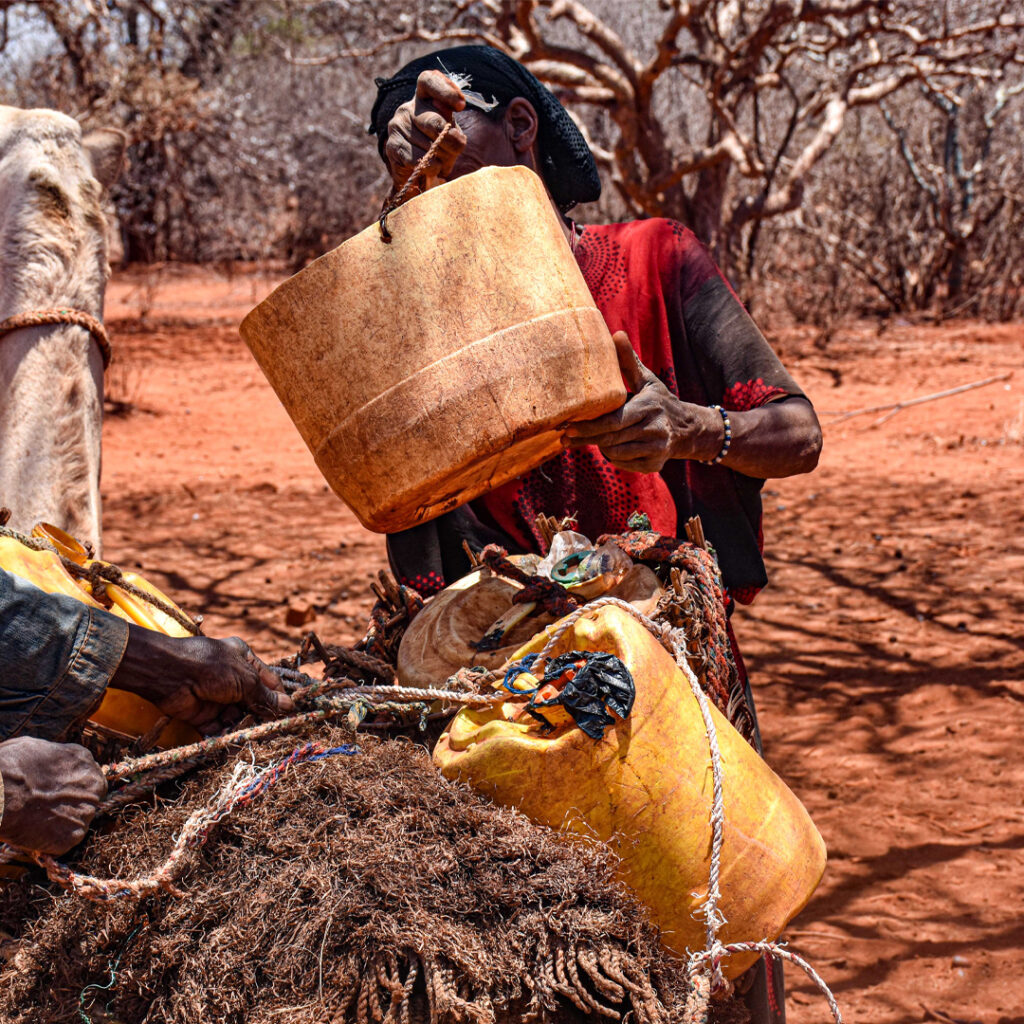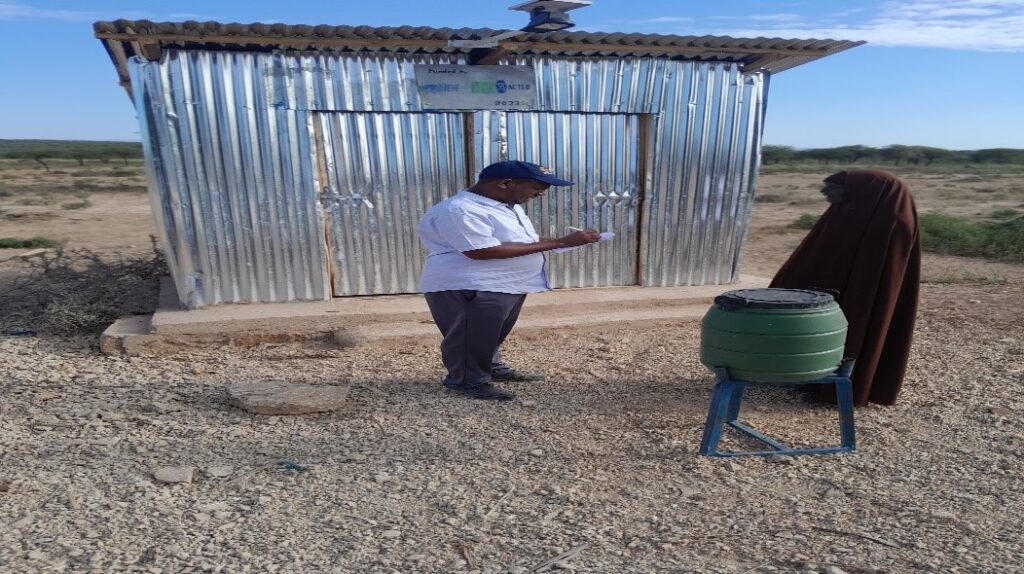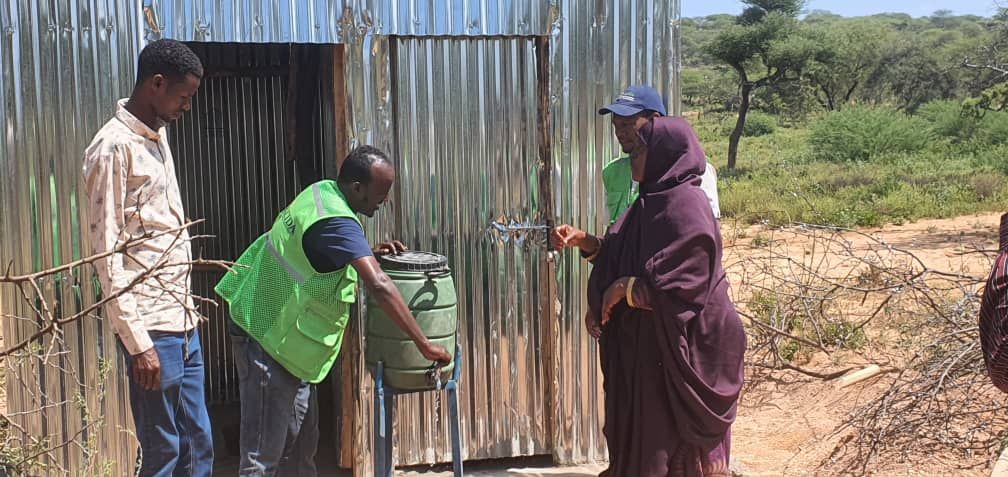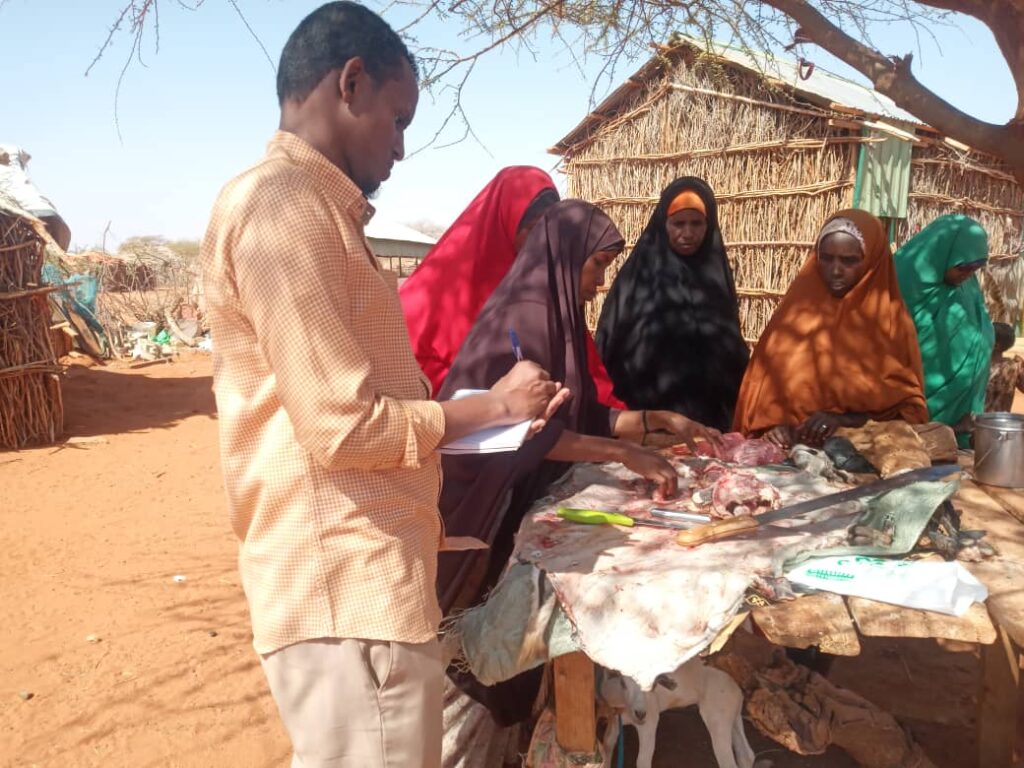Haretha is a mother of seven children; she and her husband are both unemployed. They also care for Haretha’s mother who is blind, old, wrinkled and all doubled up would not be a befitting description for her. She was beyond a common description of a poor person. Wretchedness of the wretched would sum up all that she was. She has been bed-ridden for almost two years. “It’s been very expensive to look after my mother, most of the time she needs special food which cannot be acquired locally” she sadly narrated.
Haretha and her mother are among thousands in the area that were affected by the drought in Mandera. It’s visible from their sun-burnt faces and their sunken eyes, most of them looking very emaciated. Everything in this area appeared still and deserted. The Horis (Somali traditional huts made from locally available reeds known as marara) seemed to be empty and once in a while you could hear distant and weak sounds of bleating sheep and goats.
They live in the small settlement of Sala , a location in Hareri division which is 10 kilometres from Rhamu 75 kilometers to the west of Mandera. It is among the many areas in Mandera that has continuously been affected by the drought spell. It has an approximately a population of around 4000 people. Lots of animals have died in this area and those left are really emaciated and weak. The scorching sun which emanates intensive heat reflects the strong rays of the sun into your eyes to temperatures of more than 38 degrees centigrade.
RACIDA a local NGO working in Mandera in collaboration with one of its major partners CORDAID have carried out a destocking programme. The weak animals that are thought not to survive are slaughtered and the meat distributed to make some of these vulnerable families at least make some savings while also giving them some food supplements. The main aim was to enhance preparedness, livelihoods and incomes of pastoralists in order to mitigate the impact of drought and other shocks. Together with a water trucking project, it is among the emergency programmes that are ongoing with RACIDA. Destocking was done is six division of Mandera east, North and central.
Before the actual destocking, the community was mobilized whereby awareness-raising meetings were held. During the meeting different location were represented by representatives from their respective areas. They discussed on issues of targeting whereby they agreed on the number of animals to be destocked in each location.
On the actual day of destocking, the district veterinary personnel were also involved to ensure that the meat was fit for consumption.
Most of the animals brought were really emaciated and very weak. Some could not even walk and the owners were forced to bring them on wheel-barrows. Their meat could not be taken. Haretha sells ‘marara’ at the Rhamu Market once in a while when she gets time to go down the river and cut them. It is the largest and the only nearest market around the area, approximately 10 KM from Sala. Because of the distance she is only able to make the journey twice a week. If she sales one bunch of the marara she gets 60Kshs and she is only able to carry 2 bunches since she does not own a donkey that can help her. That is around 120Kshs a week. “Although the money is not enough it helps me to buy food for my family” she says. The husband also chips in if he is lucky to gets a kibarua (casual work). She added.
Haretha had 7 goats and 4 sheep. Their body condition was good and they looked healthy three months ago. She said. But for now they are all weak and she can’t predict how long they will live. She is hopeless and passionless. She says she decided to sell 3 of her animals so that she can get some money for they shall not survive. When asked why she decided to get involved in this particular exercise, she said, “it is a heaven sent blessing for me and my community, many of our animals have died, but thanks to this timely intervention by RACIDA. I can be able to get money and meat.”
Haretha smiled as she received her cash, a total of Kshs 2800. She said the money will help her buy food for her family as well as help in taking care of her weak mother. She also said she will save some which she will use in case of emergency. Since she was also chosen among the most vulnerable in the community, she was entitled to be one of the meat beneficiaries as well. She said she will make Nyirnyir (meat which is dried andthen fried till dry, which can last for at least 2-3 months) She said she will keep the meat and use during the holy month of Ramadhan.
